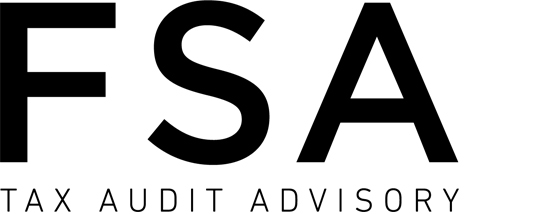With the holiday season kicking off, you may be planning a celebration with your staff.
Before you hire a restaurant or book an event, make sure you work out if the benefits you provide your employees are considered entertainment related and if they’ll attract fringe benefits tax (FBT).
This will depend on:
- the amount you spend on each employee
- when and where your celebration is held
- who attends – is it just employees? Or are partners, clients and suppliers also invited?
- the value and type of gifts you provide.
If you do provide entertainment-related fringe benefits, keep the right records to support this so you can calculate their taxable value.
It’s important to get on top of how FBT works before you provide perks and extras. Otherwise, you may end up with an unexpected FBT liability.
You can find more fringe benefits tax and entertainment information on the ATO’s website.










